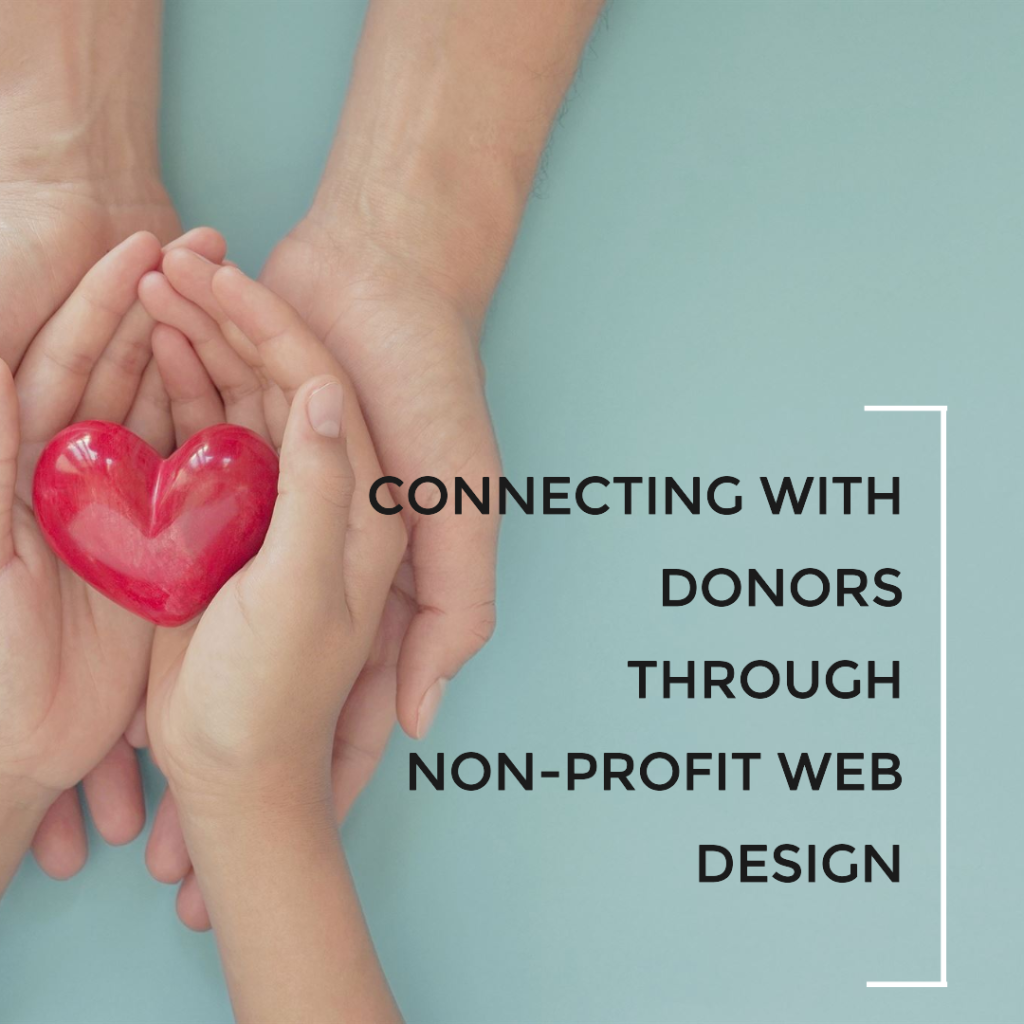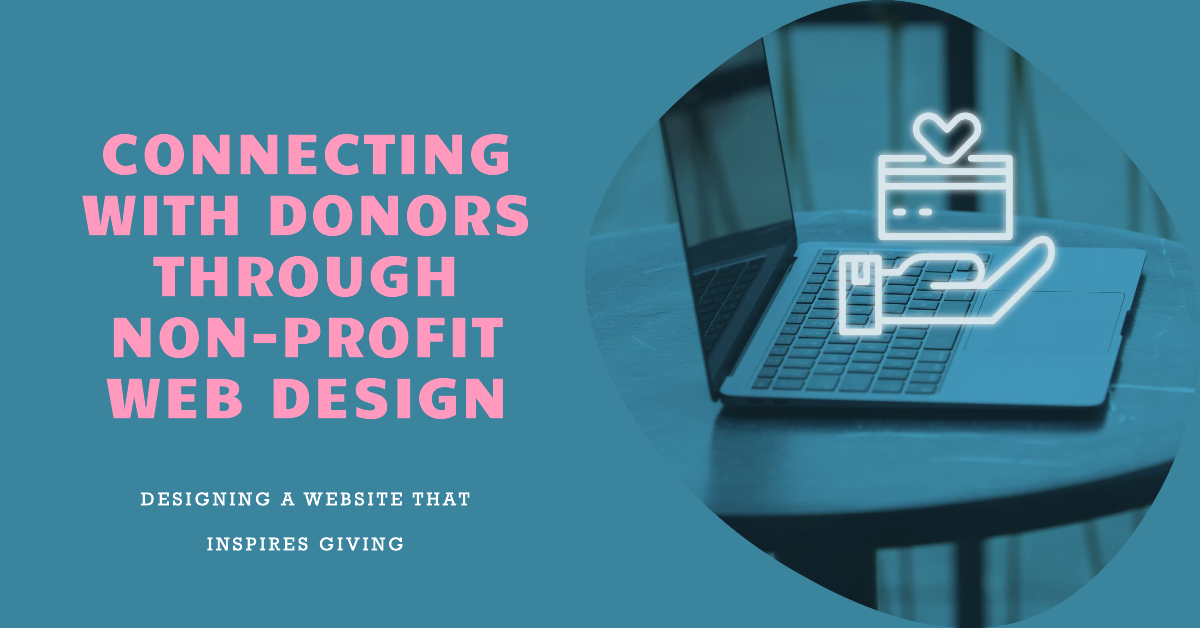How Non-Profit Web Design Impacts Donor Engagement
In the digital age, a well-designed website is crucial for any organization, especially for non-profits aiming to engage donors effectively. Non-profit website design plays a pivotal role in attracting donors, conveying the organization’s mission, and fostering long-term relationships.
Understanding Non-Profit Web Design
Non-profit web design goes beyond aesthetics; it encompasses functionality, user experience, and storytelling to evoke emotions and drive action. Here’s how it influences donor engagement:
1. Compelling Storytelling
- Impactful Visuals:
Incorporating compelling images and videos showcasing the organization’s work and beneficiaries can evoke emotions and resonate with potential donors.
- Clear Messaging:
Communicating the organization’s mission, goals, and impact in a concise and compelling manner helps donors understand the purpose behind their contributions.
2. User-Friendly Navigation
- Intuitive Layout:
A well-organized website layout with clear navigation menus ensures visitors can easily find information about the organization’s programs, events, and donation options.
- Mobile Responsiveness:
With the increasing use of mobile devices, ensuring that the website is optimized for various screen sizes enhances accessibility and user experience.
3. Seamless Donation Process
- Streamlined Donation Forms:
Simplifying the donation process with user-friendly forms reduces friction and encourages donors to contribute.
- Transparency:
Providing transparency regarding how donations are utilized instills trust and confidence in donors, fostering long-term relationships.
4. Integration of Social Proof
- Testimonials and Success Stories:
Sharing testimonials from beneficiaries and success stories of past projects builds credibility and demonstrates the organization’s impact.
- Donation Progress Tracking:
Displaying real-time donation progress towards specific projects or campaigns encourages donors to participate and see the tangible results of their contributions.
5. Search Engine Optimization (SEO)
- Keyword Optimization:
Incorporating relevant keywords such as “non-profit website design” and “web design for charitable organizations” helps improve search engine visibility, attracting organic traffic.
- Quality Content:
Regularly updating the website with informative and engaging content not only attracts visitors but also boosts search engine rankings.

The Impact on Donor Engagement
A well-executed non-profit web design strategy can yield significant benefits for donor engagement:
- Increased Visibility: Effective SEO strategies ensure that the organization’s website ranks higher in search engine results, expanding its reach to potential donors.
- Enhanced User Experience: A user-friendly website with intuitive navigation and engaging content encourages visitors to explore further and take action, such as making a donation or signing up for newsletters.
- Building Trust and Credibility: A visually appealing and transparent website instills trust in donors, assuring them that their contributions will make a meaningful difference.
- Long-Term Relationships: By providing a seamless donation experience and regularly updating donors on the organization’s impact, non-profits can cultivate long-term relationships and secure ongoing support.
In conclusion, non-profit web design is not just about creating an attractive website; it’s about leveraging storytelling, usability, and SEO strategies to effectively engage donors and further the organization’s mission. By investing in strategic web development, non-profits can maximize their impact and create lasting change in their communities.


